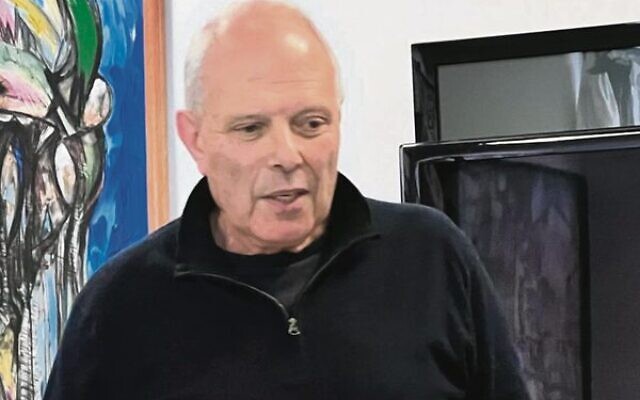New Testament not antisemitic
Forgasz believes that the Catholic Church has undergone a significant transformation in its relationship with Judaism, describing it as an act of teshuvah.
The topic of relations between Jews and Christians can be a fraught one, but Dr Paul Forgasz, a prominent figure in Jewish education, is trying to challenge some misconceptions.
He’s delivering a six part lecture series at the Lamm Jewish Library of Australia in Melbourne called “From Conflict to Coexistence”, the first of which was delivered last week to an audience of around 30 people.
Forgasz noted that while older generations within the Jewish community may have harboured suspicions towards Christians due to historical events such as the Holocaust, these attitudes are less prevalent among younger generations.
“Within the community, there are people who would think this is inappropriate. [But] my experience, particularly in the Catholic world, is that Christians in that world are very, very open and thirsty for that sort of knowledge.”
He attributed this change to the Catholic Church’s reassessment of its relationship with Judaism following Vatican II, which sparked a thirst for knowledge about Jews and Judaism among Christians.
Forgasz believes that the Catholic Church has undergone a significant transformation in its relationship with Judaism, describing it as an act of teshuvah.
But he said misconceptions about Christianity still exist within the Jewish community, with the belief that the New Testament is an antisemitic document as a common misconception.
He argued that this belief often stems from a lack of understanding and contextualisation of the New Testament, something he tackles in the lectures.
“Where there are misconceptions, and I’d say they’re pretty widespread, is firstly that the New Testament is an antisemitic document. And it’s out of ignorance, because very few people who actually say that have actually read it. But even many who read it, fail to contextualise it,” he said.


comments